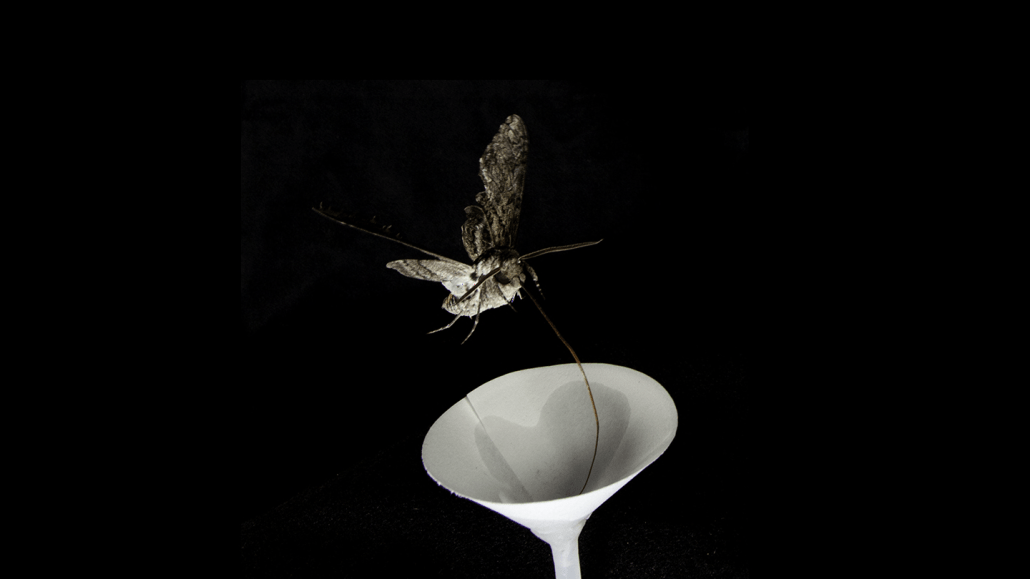Questions for ‘Air pollution can make it harder for pollinators to find flowers’

Here, a moth visits a fake flower emitting the scent of a flower it pollinates. Nighttime air pollutants may break down a bloom’s alluring fragrance, making it harder for pollinators to find it.
Charles Hedgcock/University of Washington, Seattle